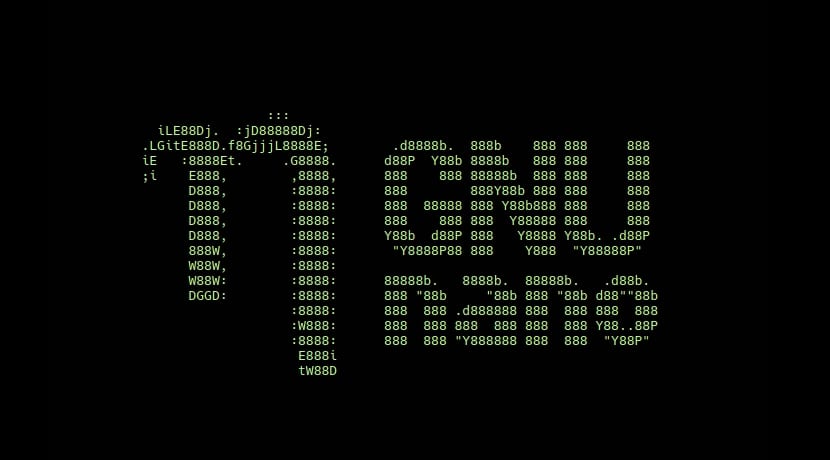
GNU nano is one of the veterans most used and loved in GNU / Linux distributions, it is a great and versatile text editor with functions also for programmers that serves us daily both to write programs, and to modify configuration files, and also for everyday things such as to create reminder notes, etc. A great editor with great versatility that has led him to success ...
Well, now you receive a big update, the version is here GNU nano 4.0, an important leap in development with a series of improvements that we will now comment on. If you are interested in knowing more details about this text editor, you can visit the official website of the project, with the notes of the latest releases, etc. However, in LxA we are going to tell you about the most outstanding news of this new release.
This is one of the most important releases for nano since arrived in June 1999 under a different name than what we now know, as older veterans will know that it was called Pico, as part of the Pine email client. But in 2000 it changed to the new name by which we all know them and would become independent from Pine to join the GNU project. After 20 years of development now comes the new 4.0.
Already last 2018 we received 3.0, and after six months more than development this new great leap has been made. There are really no major changes in these latest versions, but we do find certain news and improvements for users who use it. One of the improvements is the new smooth scrolling that is enabled by default, it will also make the most of the vertical space by starting the first line of editing just below the title bar, corrections and performance optimizations. Undoubtedly great news that you can already try on your distro… what are you waiting for to update?